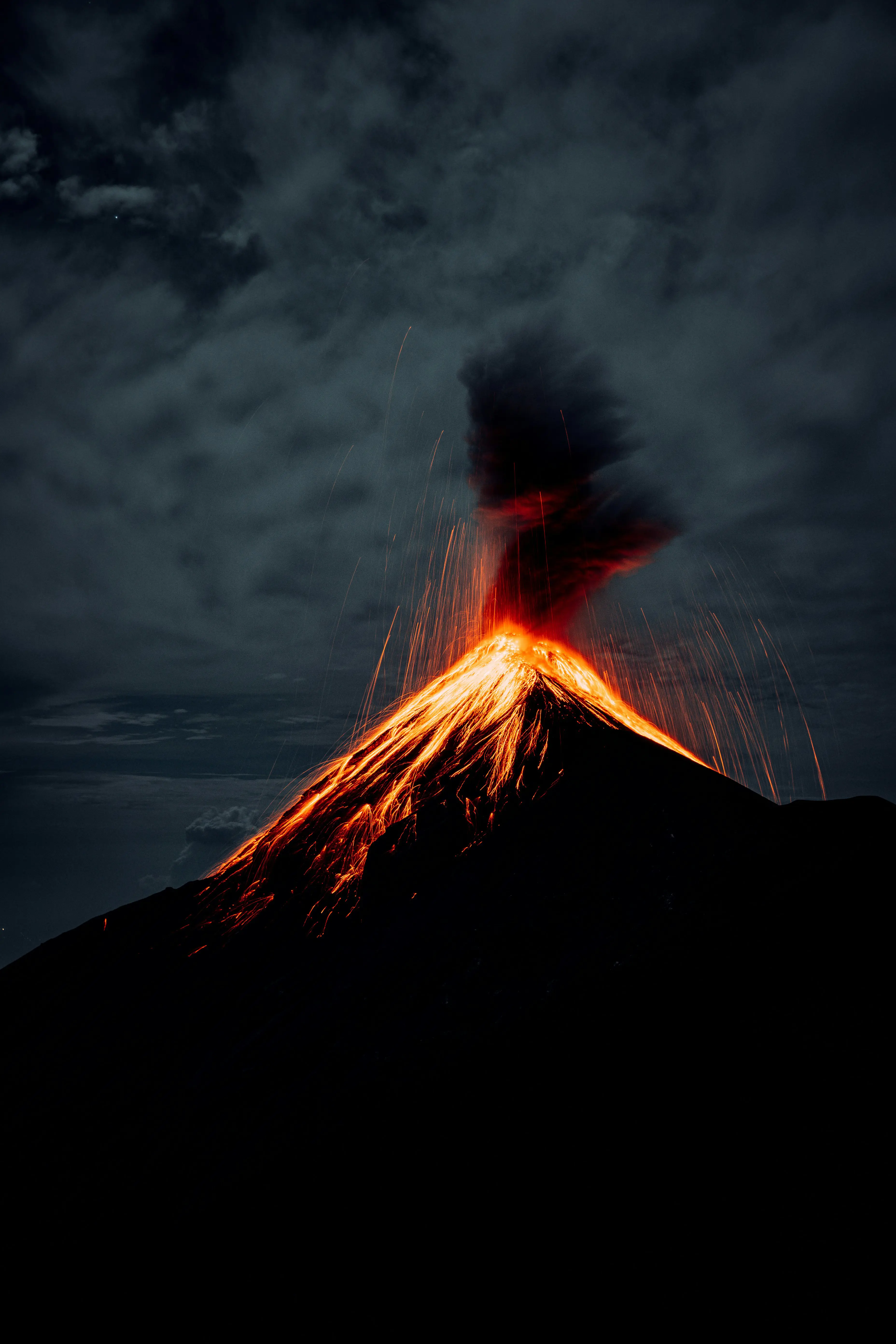Unraveling The Mysteries Of Kuwae: What A 16Th-Century Eruption Can Teach Us Today

In the heart of the Pacific Ocean lies the island nation of Vanuatu, a place of stunning natural beauty and hidden geological secrets. Among these secrets is the Kuwae volcano, which erupted in the mid-1500s and ranks as one of the largest volcanic events in recorded history. This colossal eruption is now the focal point of fascinating doctoral research, shedding light on its global impacts and what it means for us today.
Dr. Jane Doe from the University of Auckland is leading an international research team into the depths of this historical event, aiming to understand the environmental and societal impacts of the Kuwae eruption. "The Kuwae eruption was a game-changer," says Dr. Doe. "It had a significant effect not just locally, but globally, influencing climate patterns and human societies far beyond the shores of Vanuatu."
Historical records and geological evidence suggest that the eruption triggered a dramatic cooling period, as volcanic ash and gases spread through the atmosphere, blocking sunlight. This phenomenon, known as a "volcanic winter," is believed to have led to crop failures and societal upheaval across the globe. By analyzing ice cores and sediment samples, Dr. Doe’s team is piecing together the puzzle of how this ancient eruption shaped our world.
The research is not just about understanding the past. As Dr. Doe explains, "Our findings could provide essential insights into how modern societies might cope with future volcanic events." With climate change increasing the frequency and intensity of natural disasters, learning from past eruptions like Kuwae could help us prepare for potential future challenges.
Beyond its environmental impacts, the Kuwae eruption also serves as a window into human resilience. "Communities in Vanuatu and beyond adapted to these challenging conditions," notes Dr. Doe. "Studying these adaptations can offer valuable lessons in sustainability and resilience, which are crucial in today's rapidly changing world."
This research underscores the importance of interdisciplinary collaboration, combining geology, history, and environmental science to paint a comprehensive picture of the past. As the team continues to uncover the secrets of Kuwae, they hope to inspire a new appreciation for the dynamic relationship between Earth’s natural forces and human societies.
Ultimately, the story of Kuwae is not just about a volcano in the middle of the ocean but a reminder of our interconnected world and the powerful forces that shape it. As Dr. Doe puts it, "Understanding events like the Kuwae eruption helps us prepare for the future, empowering us to build a more resilient planet."